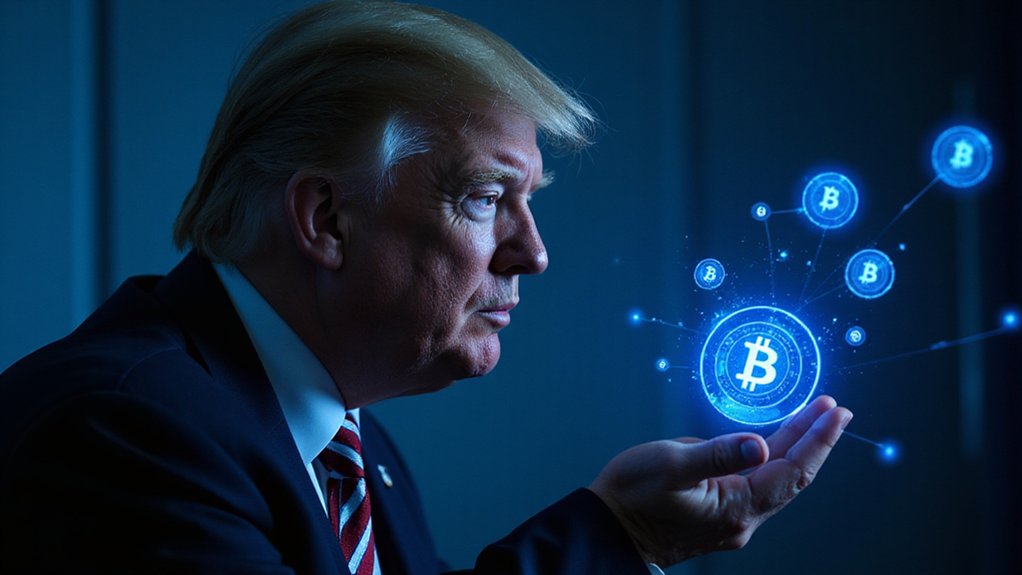The explosive surge of Bitcoin ETFs into mainstream financial markets represents one of the most significant shifts in investment paradigms since the advent of index funds.
Bitcoin enthusiasts have poured a staggering $3 billion into these vehicles, reflecting not merely speculative fervor but a fundamental recalibration of how traditional finance interfaces with digital assets.
The marriage of cryptocurrency’s frontier spirit with Wall Street’s infrastructure has created an investment avenue that appeals to both institutional behemoths and retail participants who might otherwise balk at the complexities of digital wallets and private keys.
The ProShares Bitcoin Strategy ETF (BITO) has emerged as the standard-bearer for futures-based exposure, amassing over $1 billion in assets under management while delivering a 79.22% year-to-date return in 2023.
BITO has cemented its position as the premier Bitcoin futures vehicle, delivering impressive returns while attracting substantial institutional capital.
Yet, this performance—impressive by conventional standards—pales in comparison to the Bitwise Crypto Industry Innovators ETF (BITQ), which skyrocketed 245% in the same period, handily outpacing Bitcoin’s own 165% ascent.
One might reasonably inquire: why invest in the derivative when the ecosystem surrounding the asset offers more substantial returns?
BlackRock’s IBIT provides direct Bitcoin exposure without requiring investors to manage cryptocurrency wallets or private keys themselves.
Financial titans have taken notice of this burgeoning market.
BlackRock, whose investment decisions often presage broader market movements, has filed for spot Bitcoin ETF approval alongside Fidelity, Invesco, and Wisdom Tree.
This institutional embrace suggests that cryptocurrency, once dismissed as a curious digital experiment, has secured its position in diversified portfolios of sophisticated investors.
The anticipated SEC approval for spot Bitcoin ETFs looms as a watershed moment, with 45% of investors indicating plans to allocate capital to Bitcoin and crypto ETFs in the coming year.
This regulatory green light would likely catalyze another influx of capital, further legitimizing Bitcoin as an asset class worthy of serious consideration rather than dismissive skepticism.
The historic journey toward mainstream acceptance was punctuated by significant milestones, including the Winklevoss Bitcoin Trust filing in July 2013, which despite rejection laid crucial groundwork for future approvals.
The ETF wrapper has notably enhanced price transparency while providing investors with convenient access through traditional exchanges, eliminating the need to navigate complex cryptocurrency platforms.
As this market matures, the competition among financial institutions will inevitably foster innovation, offering investors increasingly refined tools to gain exposure to this still-nascent asset class—all while maintaining the familiar wrapper of an exchange-traded fund.





